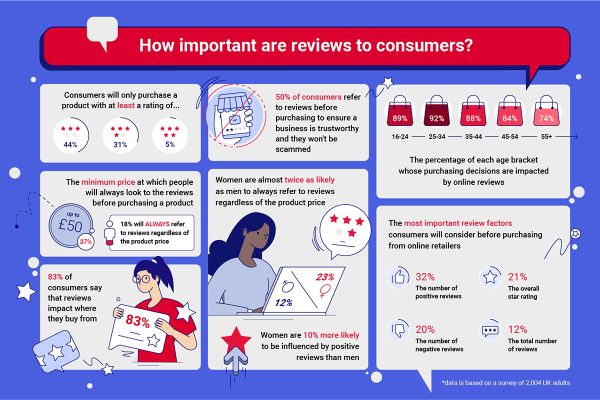With campaigning nearly finished, Jeremy Cook, Chief Economist at World First, explains why it would take a brave man to call the outcome of the election – and an even braver one to call the impact on sterling assets after May 7th.
Sterling: the year so far… GBP is, on average, around 3% higher against its trading partners since January 1st, while the cost of the UK borrowing for 10 years sits at 1.8% – hardly a sign of a market turmoil. UK debt has outperformed that of the US and is only lagging behind that of Eurozone countries because of the European Central Bank’s quantitative easing program. As things stand today, there is very little amiss.
An election fought on a range of divisive issues
This election differs from previous elections for a number of reasons, primarily the way that smaller, sometimes single-issue, parties have stolen support from the more established Conservative and Labour parties. This all makes coalition governments more likely in the future.
Secondly, this election is being fought on a range of divisive issues. The mansion tax and a referendum on EU membership are probably the standouts, while fiscal decisions differ wildly between the big two.
Only one outcome is certain
Let’s put to bed the thought that we may get either a Tory or Labour majority – nearly all commentators can agree that it is not going to happen. That leaves three outcomes; a coalition like that of the past five years, a ‘confidence and supply’ arrangement or a minority government.
At 35% probability, a Labour minority government is the bookies’ favourite. Following that we have a Con-Lib coalition as in the past five years at 18.5%, a Conservative minority and majority at 16% and 10.4% probability respectively and a Lab-Lib coalition at 10%.
A time-critical reaction
Given the strong likelihood of a hung parliament, the effects on sterling are more likely to come from how long it takes for an agreement to be made, regardless of the final decision. It is easy to see the negotiations dragging on until May 27th, the day of the Queen’s speech. If that happens, sterling assets are likely to be damaged as a result.
Any government led by the Tories may be seen as helpful for the pound as the deficit reduction plan drives on, but issues around a referendum on Europe are expected to weigh on investment and corporate confidence.
By the same token, a Labour-led coalition may be seen as slightly more fiscally relaxed.But higher government spending may provoke a rate hike from the Bank of England if inflation is seen to be increasing too quickly.
Find the best solution for you
Regardless of the size of your company, dealing internationally brings risks as well as rewards. Hedging these risks away allows a business to focus on the rewards of international sales and expansion as opposed to staring at charts of currencies and worrying about what may come.
The undeniable and unprecedented uncertainty around this election is a red flag for sterling and although we think that the effects on the economy, and sterling as a result, will be negligible in the longer-term, the short-term risks are unquestionable.










